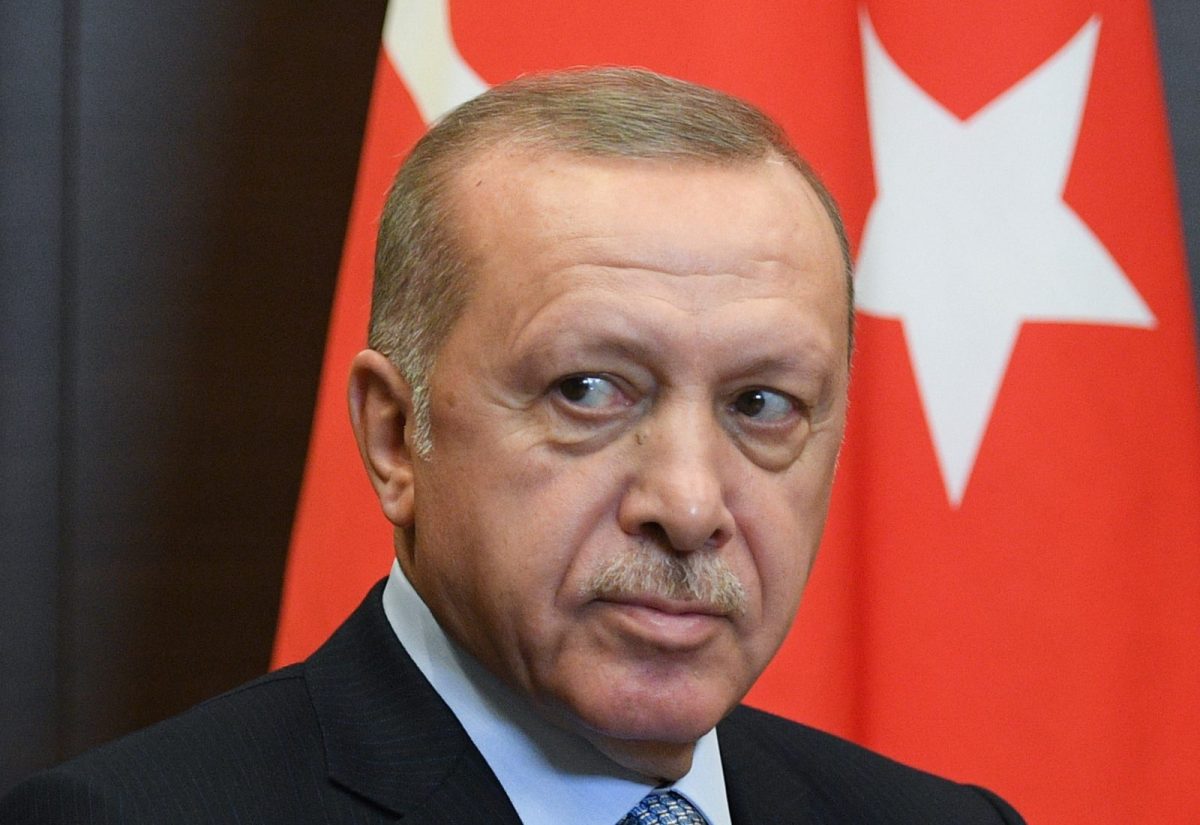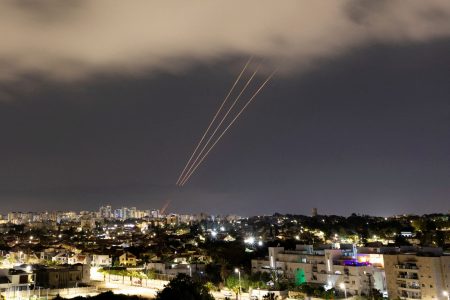In the past year, Turkish President Recep Tayyip Erdogan and the political-military leadershisp of his country did everything in their power to highlight their geopolitical aims in a vast expanse of territory: The Southeastern Mediterranean, the Middle East, the Balkans, the Black Sea, and the Caucasus.
Their actions at every turn emphasised the theories and strategy of pursuing the «Blue Motherland» and neo-Ottomanism.
In a self-satisfied manner Erdogan attempted to show the international community that his country is a strong regional power with forces, capabilities, ambitious goals, and the aim of dominating the broader region.
It wanted to pose as the leader and protector of the Muslim world.
In the name of his supercilious ambitions he clashed with the Americans, «allied» with Putin, and damaged ties with Israel and most Arab countries.
Erdogan exerted enormous pressure on Greece and Cyprus by carrying out war-like operations in the Aegean, Thrace, and elsewhere, not to mention his provocative rhetoric in insulting and fiery speeches which even when taken alone created the atmosphere for a clash.
Yet, with this climate of clashing and fueling disputes throughout 2020 Mr. Erdogan did no service to his country.
On the contrary, he aggravated international concerns, rocked any remaining trust in the already vulnerable and unstable Turkish economy, and put himself in the exceptionally difficult position of having to constantly seek capital in order to fund an outdated vision that from its very conception was problematical.
The impasse in Turkish politics was fully revealed after the defeat of his ideological bedfellow, Donald Trump, who until last November glaringly supported and provided cover for Erdogan.
With Trump leaving, with American sanctions over his purchase of Russian S-400 missiles in place, and facing the mounting doubts of the battered Turkish people, Erdogan abruptly reversed course.
He started seeking contacts and an understanding with the EU in an bid to transcend the impasse into which he had placed himself.
Gradually he changed stance, withdrew his oil and gas research vessels from the EEZs of other countries, and attempt to transform himself from a war hawk into a peace dove.
In this manner he managed to persuade the EU to postpone sanctions and now he is trying to pick up where he left off with Europe and rebuild relations.
In order to persuade the EU of his putatively good intentions he agreed to resume exploratory talks with Greece (that he had cut off in July, 2016) which are to commence on 25 January.
The truth is that the Europeans, especially the Germans, are open to his overtures and for a host of different reasons have received them with good will.
Nevertheless, Greece has an opportunity to exploit Turkey’s shift towards Europe in order to impose terms and pre-conditions for the prospective resumption of talks and negotiations with the EU.
In response to Turkey’s pursuit of the renewal of its customs union with the EU as well as its posture on the towering refugee issue and others, Greece can at the very least demand of fellow member-states the creation of a road map to establish good neighbourly relations that will determine Ankara’s behaviour toward Greece and Cyprus.
This is the only way a Greek-Turkish dialogue, for which the upcoming exploratory talks are supposed to prepare, can realistically advance.
One has the useful precedent of the road map established at the 1999 EU summit at Helsinki.
The burden of new realities and Turkey’s apparent shift may provide the conditions for fashioning a new Helsinki-type compass for the future.





